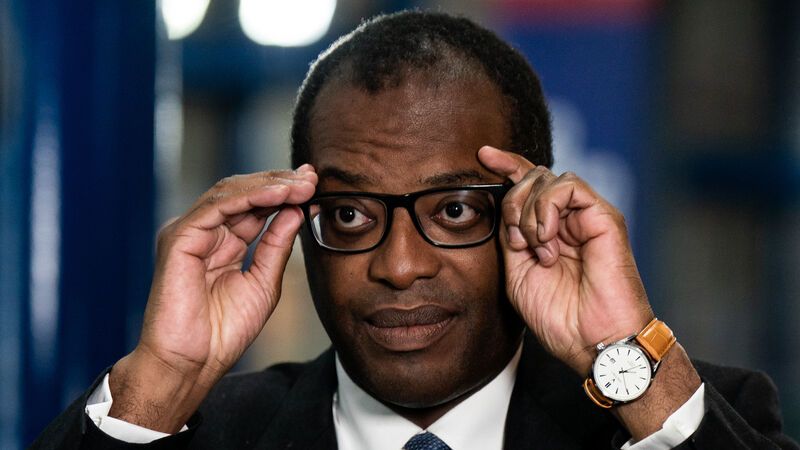Brian Keegan: Britain still has work to do to restore its economic credibility

In Britain, concerns over how un-costed tax cuts can be sustained over the medium term led to financial market chaos, which in turn led to the British chancellor, Kwasi Kwarteng, cancelling the plan to eliminate the 45% top rate of income tax.
You’d have to go back as far as 2007, the boomiest of boom years, to find a national current account surplus which even approached the projected surplus of €16bn, as the budget figures were finalised last week. This allowed significant spending to improve the lot of the Irish average citizen dealing with inflationary pressures not seen since the 1980s.
The ministers didn’t just have fiscal space available. They had a fiscal universe all to themselves within which to perform their manoeuvres. No borrowing was required to fund the additional social welfare and direct grants. Perhaps the most striking economic announcement of the week didn’t come from the Finance and Public Expenditure and Reform ministers but from the National Treasury Management Agency. There will be no Government borrowing between now and the end of the year.














